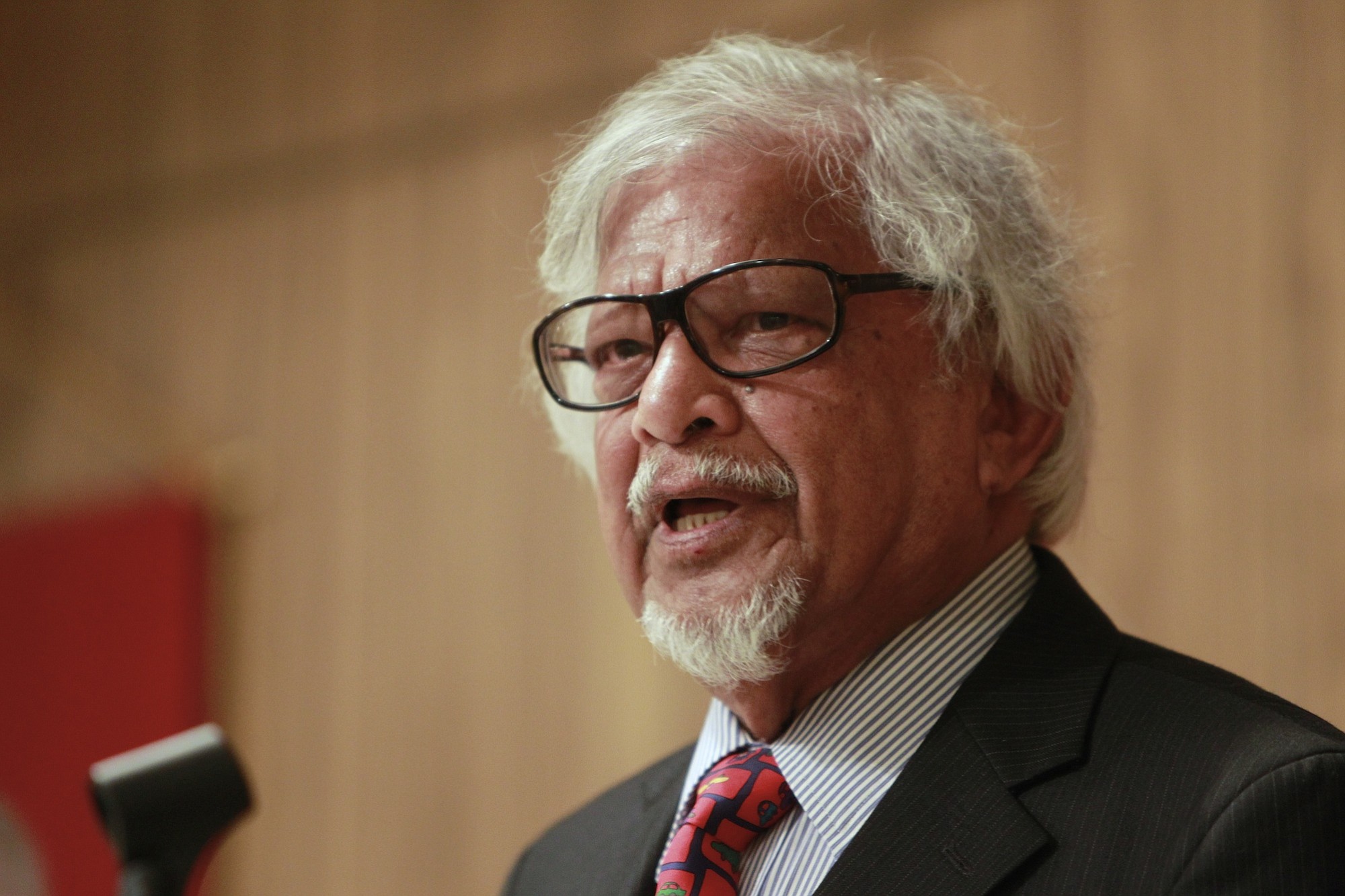Learn more about Arun Gandhi’s life, work and writings
arungandhi.net
www.barefootcollege.org
Great people like Mahatma Gandhi and Martin Luther King Jr. weren’t born great.
“They were born regular, ordinary people like all of us,” said Arun Gandhi, grandson of the legendary, nonviolent champion of Indian independence, during a visit to the First Congregational United Church of Christ in Hazel Dell on Sunday. He was responding to a question from a young man who concisely and sincerely summed up a universal dilemma: “How do you be a better human being?”
“It’s a good question,” Arun Gandhi said with a wry smile. When he was a child, his grandfather said that his own personal practice was to wake up every morning and promise, “I’m going to be a better human being today than yesterday.”
That’s a lifelong challenge, Arun Gandhi acknowledged. You don’t just conquer yourself in a day. You make lists of your strengths and your weaknesses. You take steps. His grandfather, who became almost as famous for his lifestyle of restraint and abstinence as for his political and spiritual leadership during India’s independence movement, struggled for a long time against what he saw as his own personal weaknesses — like his drives for sex and for rich foods, Arun Gandhi said.
“He was quite a foodie. He loved food and sweets,” Arun Gandhi chuckled, recalling how his grandfather once accepted his wife’s challenge and “wiped out” a whole dish of pancakes.
But he won such struggles against himself in the end. If you want to change the whole world, Arun Gandhi concluded, the best way is to start by taking small, personal steps — and never stopping. Don’t look to politicians, he admonished. “Our main problem is politicians,” he said.
“The world will change only when we change,” he said. “Not by sitting in Washington and passing a law.”
Influence on King
An author, journalist and peace activist, Arun Gandhi, 80, lives in Rochester, N.Y., where he founded the M.K. Gandhi Institute of Nonviolence on the campus of the University of Rochester. His visit to Hazel Dell was the first of several talks and book signings in the Portland area over the long King holiday weekend.
His grandfather’s writings about nonviolence and civil disobedience were a strong influence on King, he noted.
“I am glad that Dr. King found ways to deal with the civil rights situation in a peaceful way,” he said. “I wish he had lived longer” and had more opportunities to put his peaceful and effective practice to use because there’s still plenty of prejudice, hatred and discrimination in America to defeat, he said.
Person-to-person contact is the only way to overcome that, he said. Laws “enable change,” he said, but only “education and enlightenment” fulfill it.
Growing up on his grandfather’s ashram (a small, remote settlement) in South Africa, he said, he had the advantage of education over the illiterate farm families who worked the surrounding fields. His grandfather urged him to play after school with the neighbor children in order to “learn what it was like to live in poverty” — but also because he had a responsibility to teach those children what he learned in class, each and every day.
Teaching and learning from his poorer peers “was the most creative and enlightening experience for me,” he said. It must have been for his new friends, too, because crowds of children and their parents started showing up for his lessons. “This is where I learned compassion and the need to share,” he said.
Nowadays, Arun Gandhi leads annual tours of similar grass-roots efforts in India. He described what’s called Barefoot College, which trains “illiterate grandmothers” skills such as dentistry and solar-panel manufacturing, bringing better health and electricity to the most remote corners of the country. It’s a model that has won support from the United Nations, he said.
Evolving truths
Gandhi also said the real driver of crime, war and violence is inequity and injustice. According to a recent United Nations report, he said, there are now 1 billion children living in “extreme poverty” around the world.
“Imagine what they will grow up to be,” he said. Military might will not truly defend against their hatred, he said; only love, respect and sharing will.
“If any part of the world is going down the tubes because of poverty and destitution, we are going down with them,” he said.
Still, he noted that opinions can change and truths can evolve. That’s why his grandfather always referred to his ongoing “experiments with truth,” he said.
For example, Arun Gandhi was asked what he thought of “Gandhi,” the epic 1982 film by director Richard Attenborough. The grandson of the movie’s subject recalled railing in print against the Indian government subsidizing the film to the tune of $25 million. There were better things to spend that kind of money on, Arun Gandhi wrote, and his article was widely reprinted and celebrated.
Just before the movie came out, he was treated to a special screening. While not an accurate historical document, Arun Gandhi concluded that it did a great job of conveying his grandfather’s philosophy and legacy.
“I was so moved by it,” he said, that he wrote another article retracting the first one.




